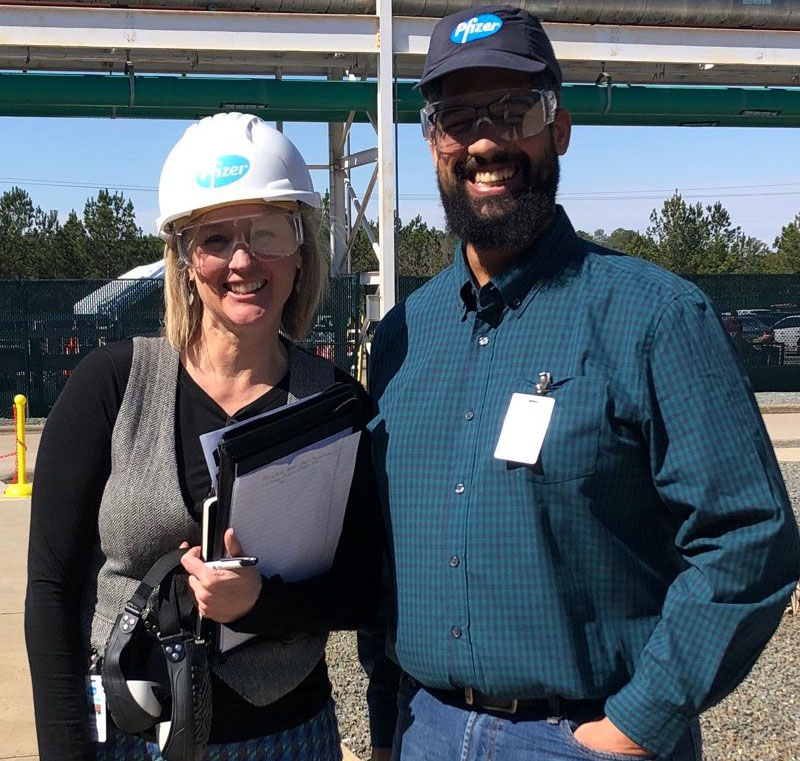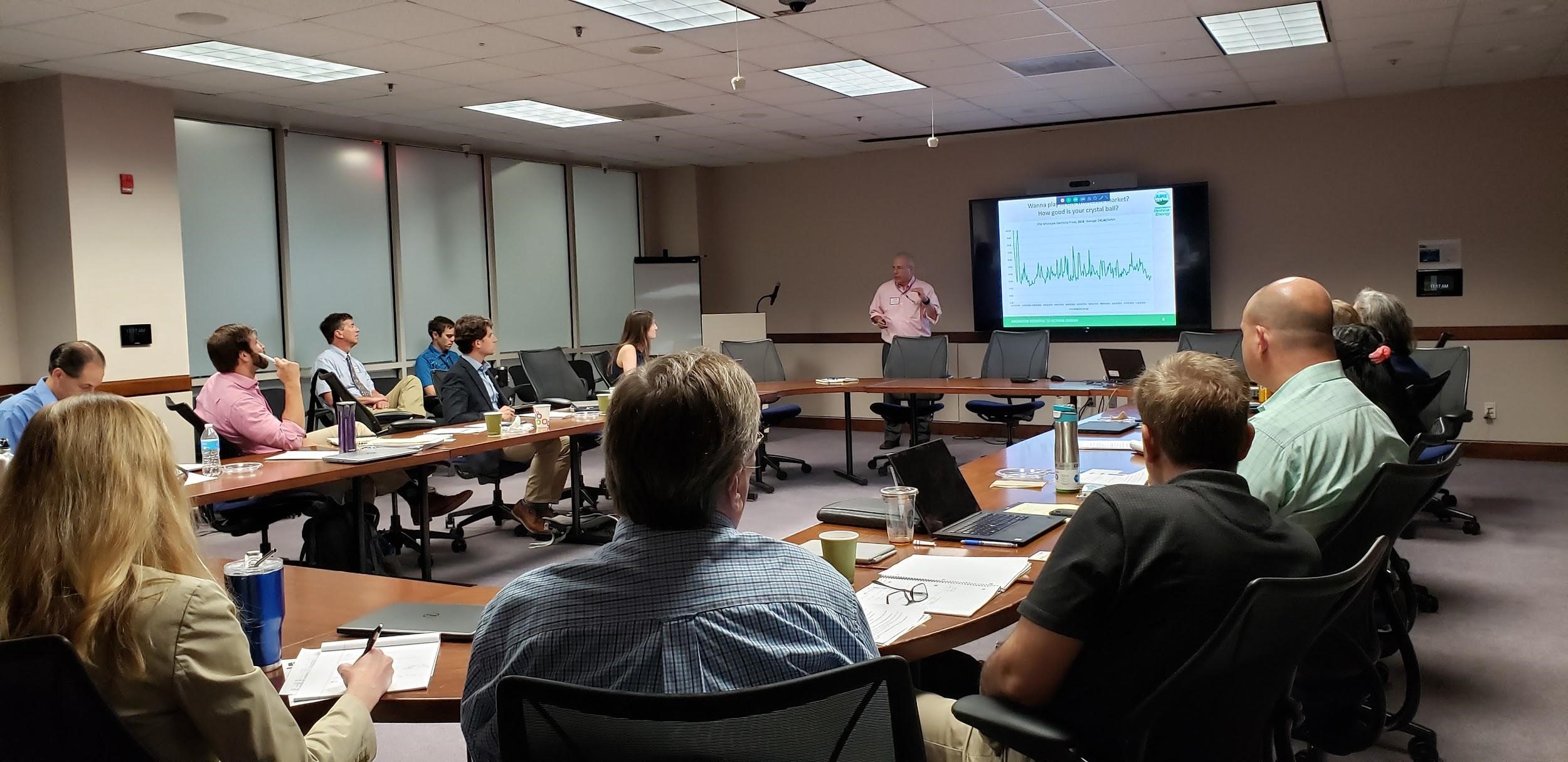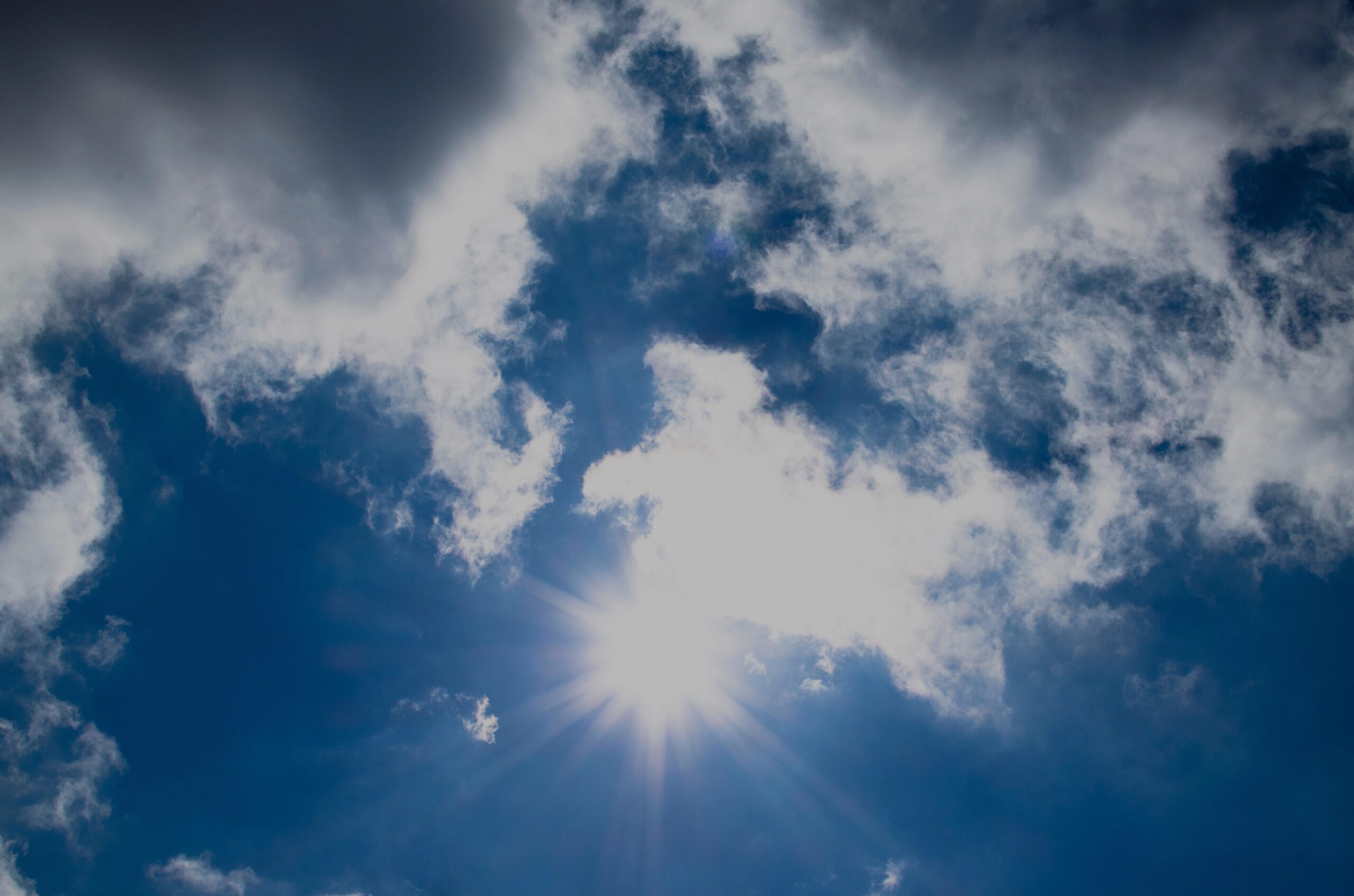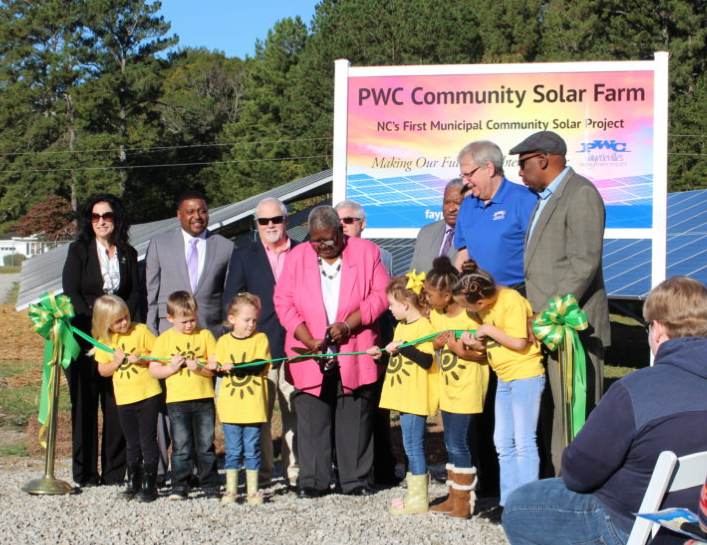Overview
The NC Clean Energy Technology Center offers a wide range of services to businesses, industry leaders, government agencies, and utilities to help optimize their sustainability and energy goals.
Our mission is to advance a sustainable energy economy through education, hands-on demonstration, and customized support for clean energy technologies, practices, and policies.
Our team of subject matter experts delivers unbiased, data-driven, and technical fee-for-service solutions tailored to each client’s unique needs. With deep expertise in clean energy, renewable technologies, transportation, energy policy, and workforce training, we provide comprehensive, integrated solutions to meet today’s energy challenges.
Request a Quote or Learn More
To discuss your needs or request a quote for services, please use the contact form below:
To view or print our brochure, click here.

Services

Technical Assistance
- Strategies to reduce peak electric demand
- Rate design and program development for municipal and cooperative utilities
- Project implementation support including third party reviews
- Customer Rate Comparison Tool
Technical assessments:
- Alternative fuel fleet assessments, fleet utilization and right-sizing analyses
- Energy efficiency, renewable energy and resilience

Research and Market Analysis
- Energy-related policy review, best practices and design
- State and national market intelligence and scoping
- Identifying funding opportunities including grant research and writing

Educational Opportunities, Training and Professional Development
- Customized solar PV and storage design, installation, operations, maintenance and policy training
- Eco-driving and sustainable fleet management training
- Organizing an eco-fair, workshop, local solar community aggregation purchase campaign (i.e. “Solarize” Campaigns) and energy and/or sustainability training for your employees, stakeholders or community

Planning and Guidance
- Carbon reduction/carbon neutral strategy development
- Baseline development including energy use intensity
- Energy resilience planning, including facilitation of mini and micro-grid development and vehicle to grid applications





